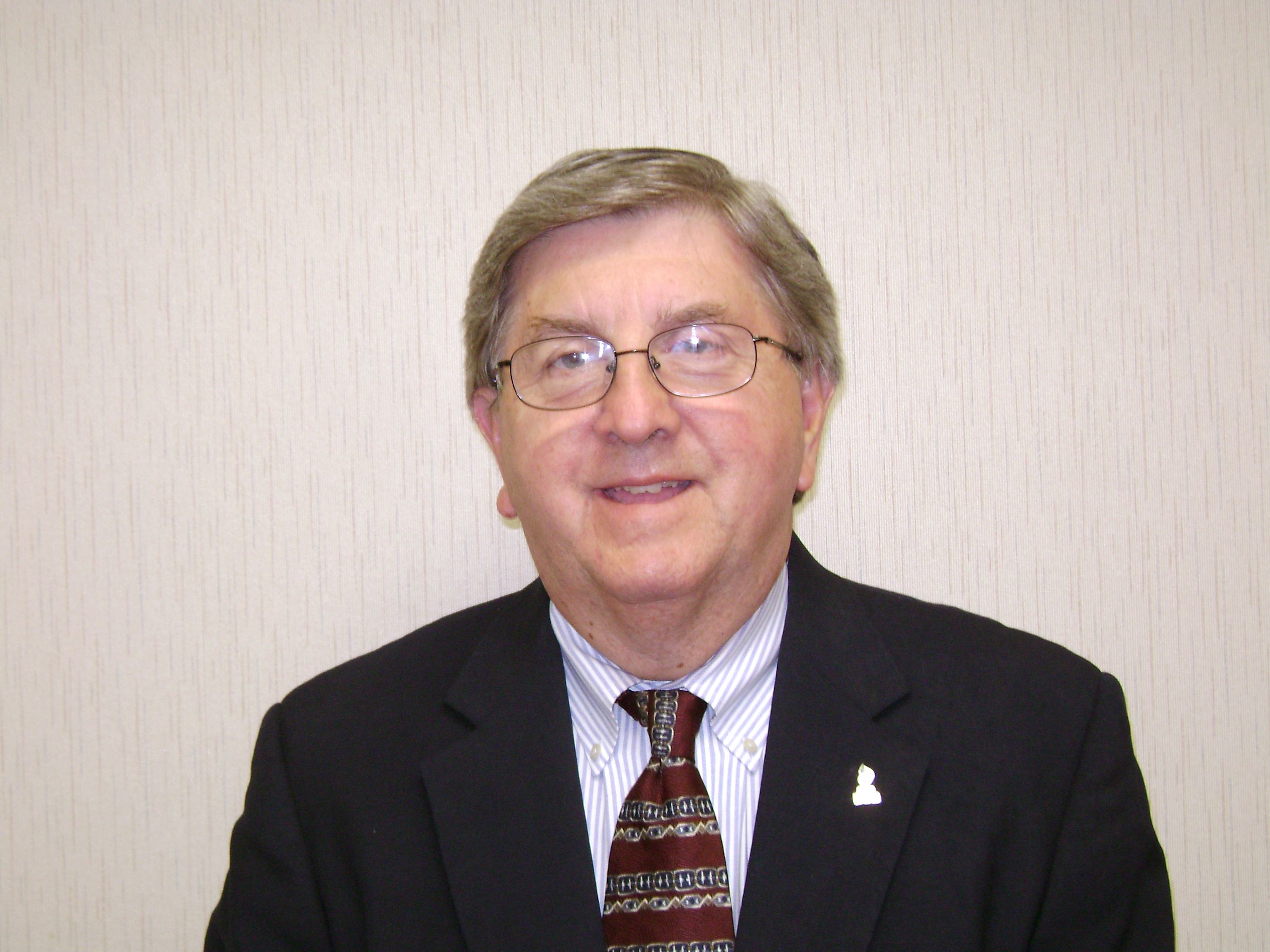Patricia Higdon had just cleaned up after last week's Thanksgiving feast when she got a call from someone who said he was with the "government grants department" at the U.S. Department of Health and Human Services telling Higdon she qualified for a grants totalling $14,566.
"He sounded very honest and official and insisted that it wasn't going to cost me anything to get this money," the Chattanooga retiree recalled.
But with the help of her children at her home for the holiday, Higdon soon recognized the call was a scam when the caller began asking her to give him a lot of bank account numbers allegedly to deposit her government payments.
Higdon eventually hung up when the caller asked her to go to a Western Union site, pay some transaction fees and then she would get her money.
But by then, she worried that the caller had gotten enough information that her privacy might be compromised.
"I had to call the bank and get a whole new debit card so it's been a big hassle," she said earlier this week. "I learned after this that I'll never give out my bank account number again."
According to the Better Business Bureau, the "government grants department" calling scheme has been around for years. It is often used to get bank information from which the caller can drain funds or used to make purchases on another person's account.
Such calls often sound official and give government addresses and Washington D.C. phone numbers. Higdon said her caller gave an address as a DHS office on Independence Avenue in Washington D.C. and urged her to call 202 738-4264.
The person answering that number this week said the number was "the government grants department."
Jim Winsett, president of the BBB for Southeast Tennessee and Northwest Georgia, warns consumers that you cannot win a government grant or any other contest without having applied for a grant or entered the contest.
Other red flags to watch out for:
• You should never pay money to win grant or other contest.
• Any time personal information is requested, it should raise a red flag for identity theft scam.
• Any request to wire money or prepaid debit cards is a major red flag.
• Use common sense, seek advice if necessary.
Winsett said "too good to be true" prizes are exactly that: "Not true!" he said.
Contact Dave Flessner at dflessner@timesfreepress.com or at 757-6340

